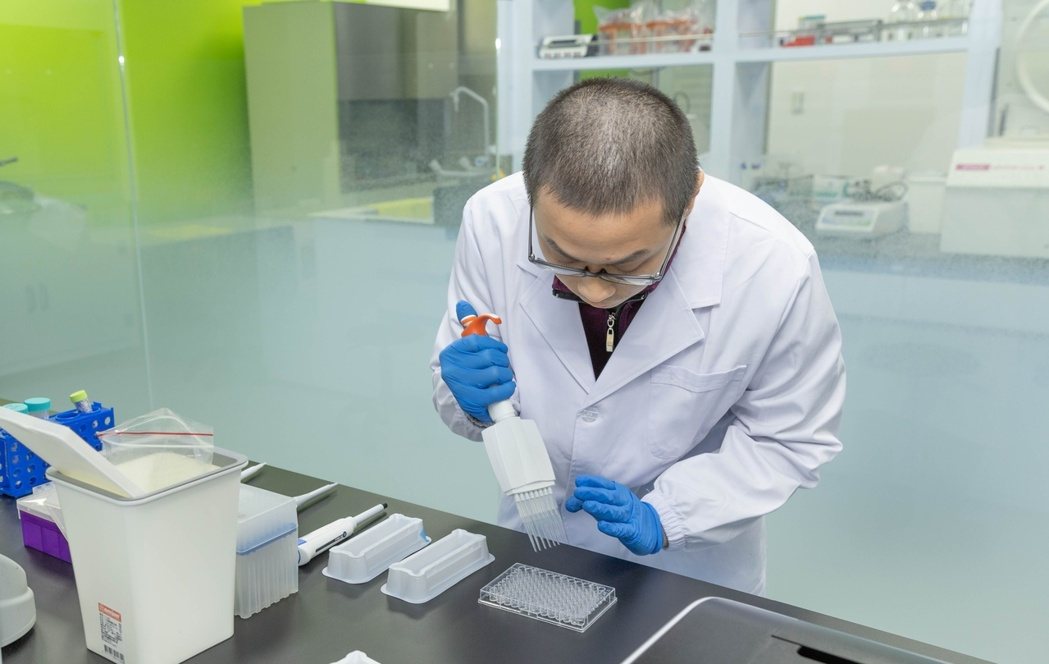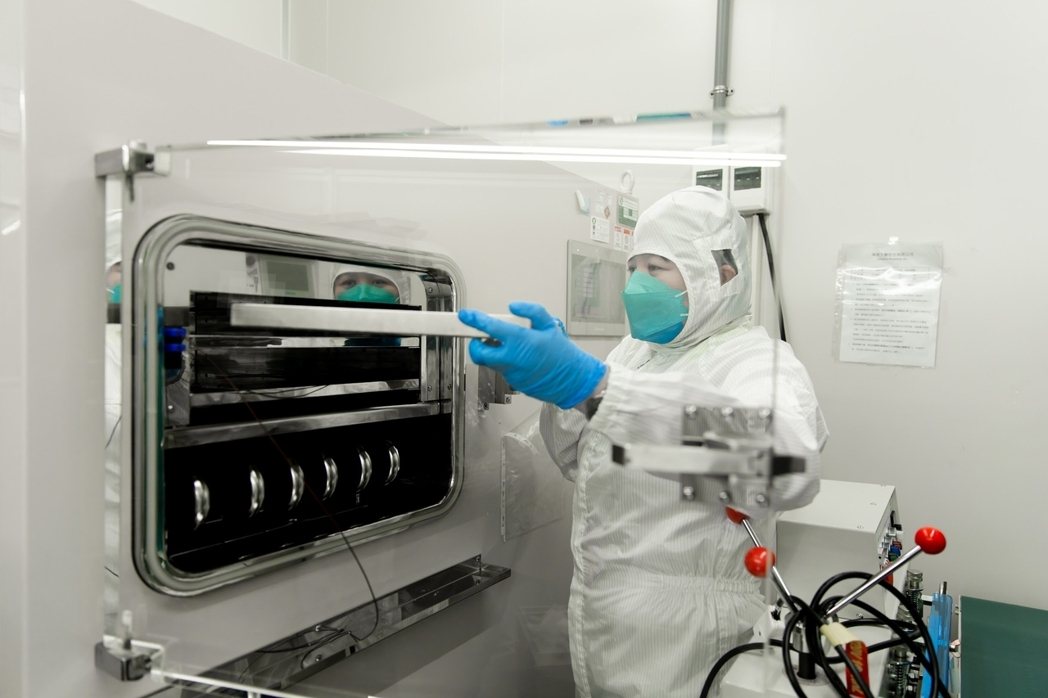As global advancements in precision and regenerative medicine gather momentum, Taiwan's biotechnology sector is emerging as a potential engine for the next wave of economic growth.
However, a critical structural challenge looms—a severe shortage of high-level, cross-disciplinary talent. Industry leaders caution that without a fundamental transformation in talent cultivation, Taiwan risks losing its edge in innovation and global competitiveness.
According to the 2024 Taiwan Precision Health Strategic Talent Survey, research and development (R&D) professionals are the most sought-after in the biotech sector, accounting for 23.4% of total talent demand.
Yet, 74% of surveyed companies report a significant talent shortfall. Although Taiwan’s top universities produce graduates in relevant fields, many opt for advanced degrees or pivot to more lucrative, fast-growing sectors like semiconductors and artificial intelligence.
For example, entry-level salaries in semiconductor engineering are 20–40% higher than those in biotech R&D. Combined with biotech’s long development cycles and high risks, the industry is less appealing to Gen Z talent, who prioritize rapid feedback and tangible outcomes.

Taiwan's biotech industry faces a growing talent gap. Recruiting experienced, cross-disciplinary professionals is now central to sustaining innovation and global competitiveness. | Courtesy of Leadgene Biomedical
“We are facing a perception issue,” said Dr. Yung-Chun Chuang, Chairman of Leadgene Biomedical, a leading Taiwanese biotech firm.
“Despite the high technical barriers in fields like regenerative medicine, antibody therapeutics, and in-vitro diagnostics (IVD), public understanding and confidence in biotech remain limited.”
He noted that recruiting specialists in nanobody development, cell line engineering, and AI-assisted bioinformatics is becoming increasingly difficult.
“Modern biotech technologies—from gene editing to AI-driven antibody screening and protein modeling—are every bit as complex and cutting-edge as those found in semiconductors or other high-tech industries.”
To address this talent crisis, industry leaders are urging a fundamental shift in education.
Carlos Wu, Founder of YJ Biotech Co., Ltd., advocated for curricula that go beyond traditional classroom instruction by incorporating simulated manufacturing environments and cell laboratories.
This would better align student training with actual industry practices. As CDMO (Contract Development and Manufacturing Organization) services expand, demand for hands-on roles in process development and quality control is rising sharply.
Wu proposed government-backed talent programs that combine vocational training, certification, and internships to cultivate industry-ready professionals.

Long development timelines and high risk profiles in biotech often deter top-tier talent, who are drawn instead to the higher pay and quicker returns of the tech sector. | Courtesy of Leadgene Biomedical
Dr. Chuang also called for deeper collaboration among industry, government, and academia to co-develop practical, industry-aligned coursework.
He emphasized the value of experiential learning opportunities—such as participating in antibody library screening, using AI for protein simulation, and gaining familiarity with regulatory documentation. “Students shouldn’t wait until after graduation to understand what the industry requires,” he said.
“They need to internalize the pace and expectations of the sector during their education.”
As global demand for precision and regenerative medicine continues to rise, Taiwan’s biotech sector stands at a critical crossroads.
With the right policies and structural reforms, it has the potential to become a pillar of national strength—on par with the semiconductor industry.
But without closing the talent gap and aligning academic outputs with industry needs, that potential may remain unrealized. Experts agree: only through comprehensive reform in mindset, policy, and education can Taiwan attract top talent, build world-class capabilities, and lead in the global biotech arena.
